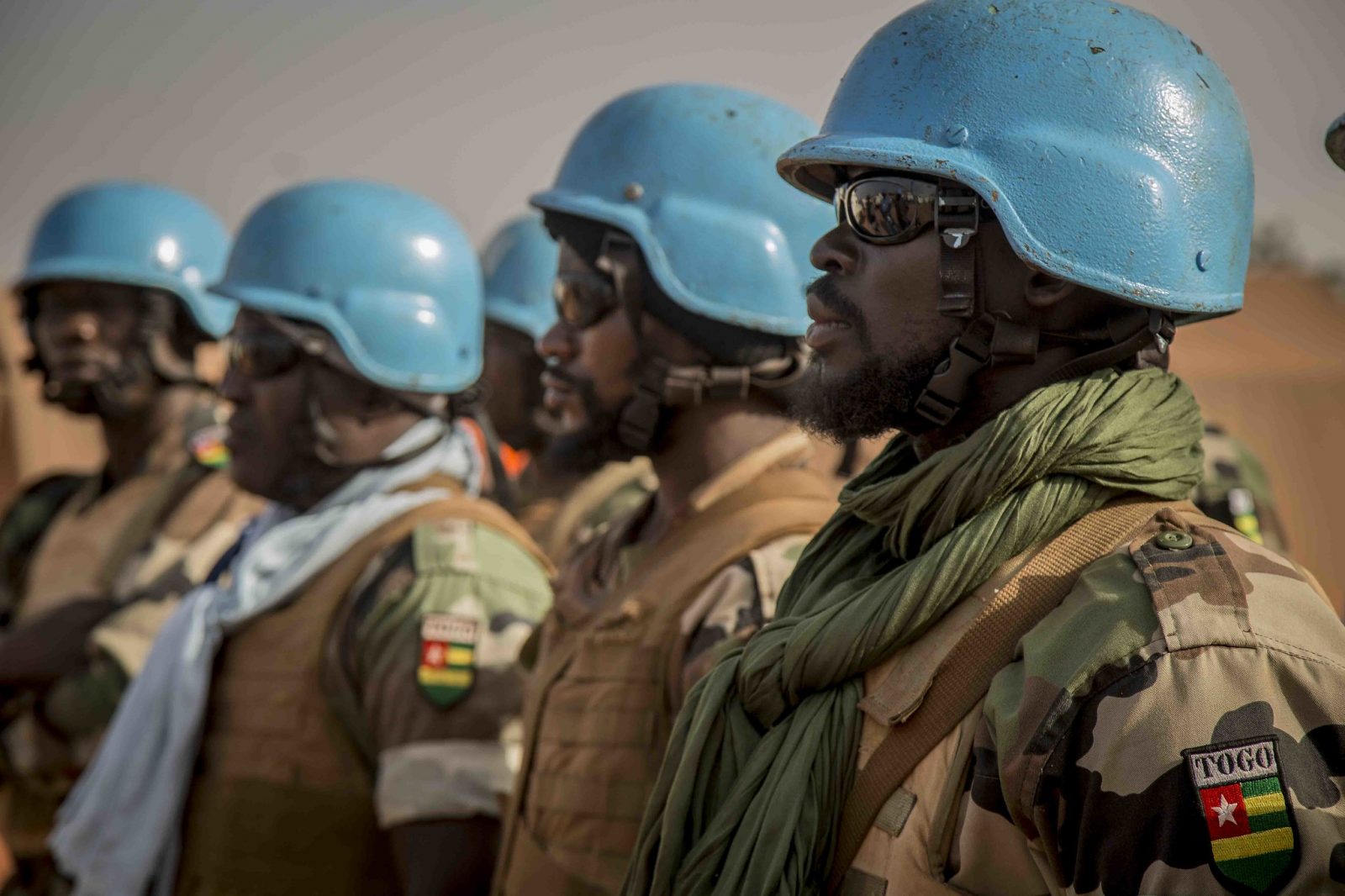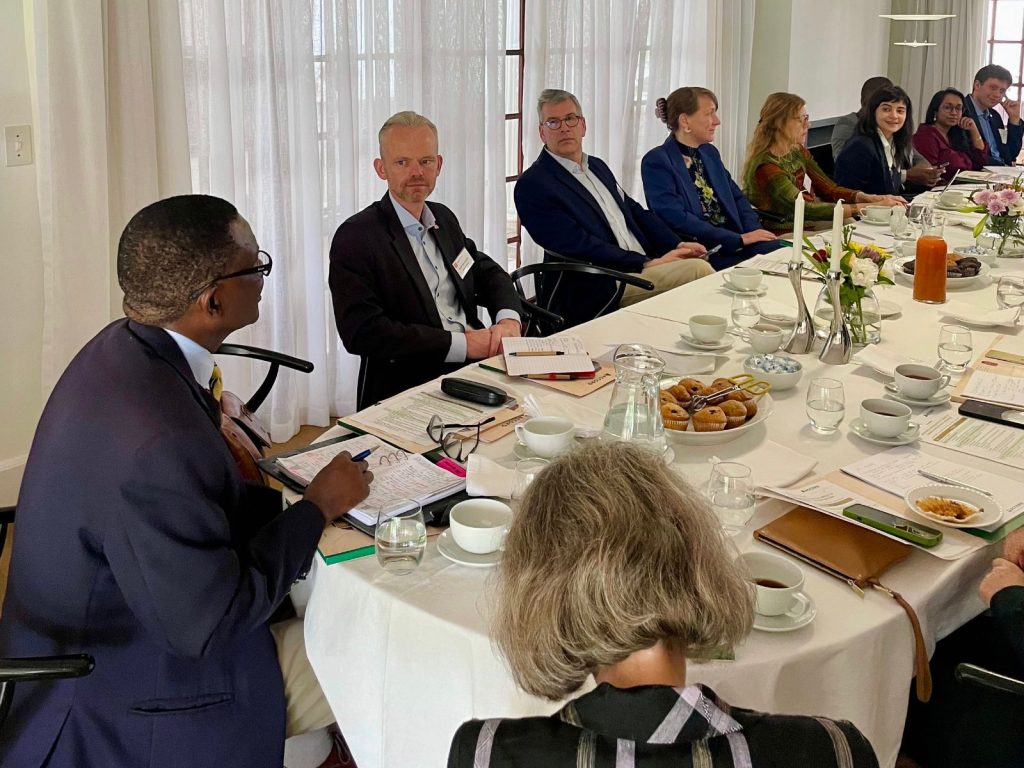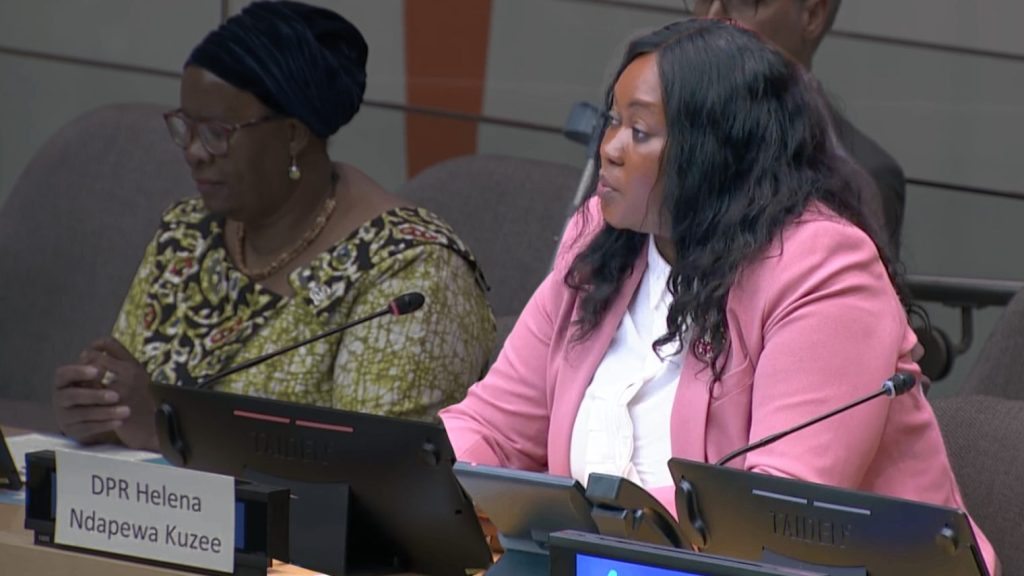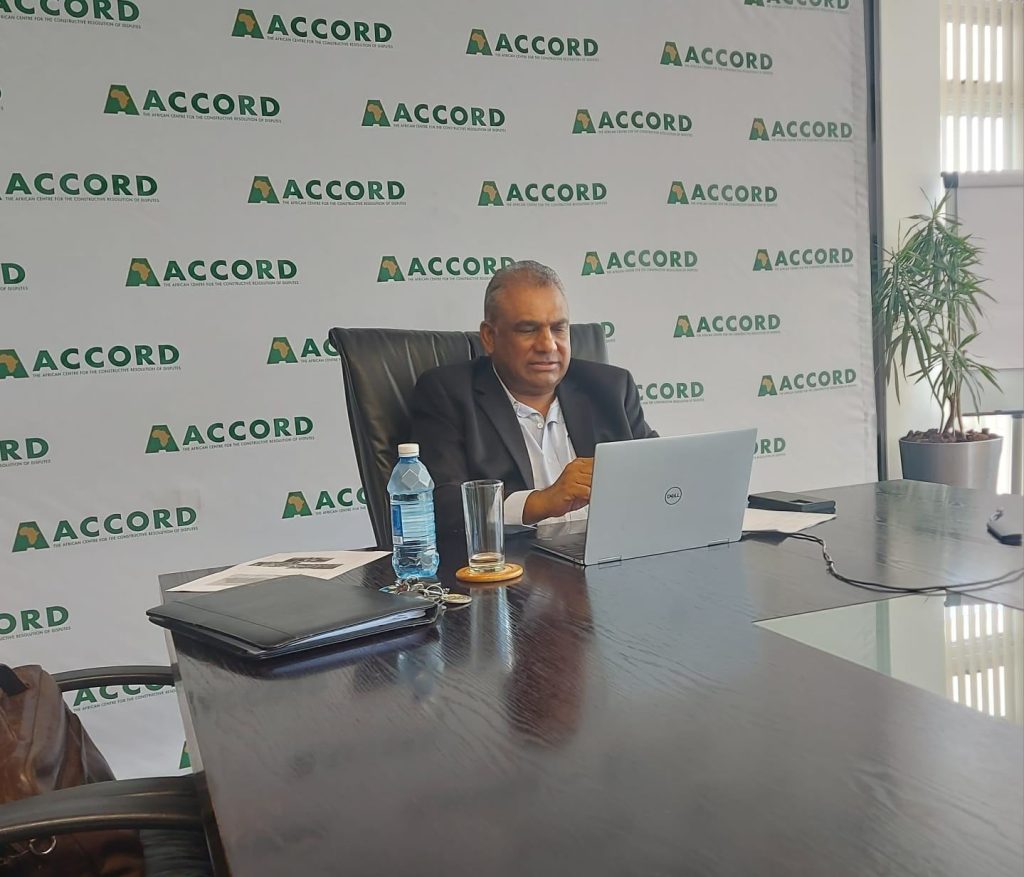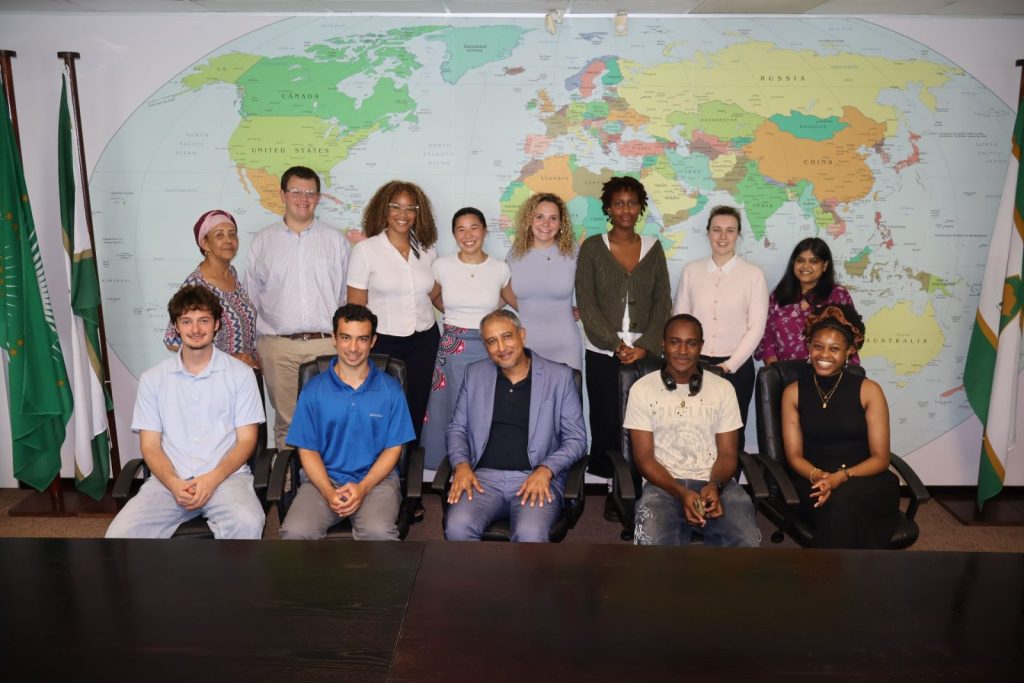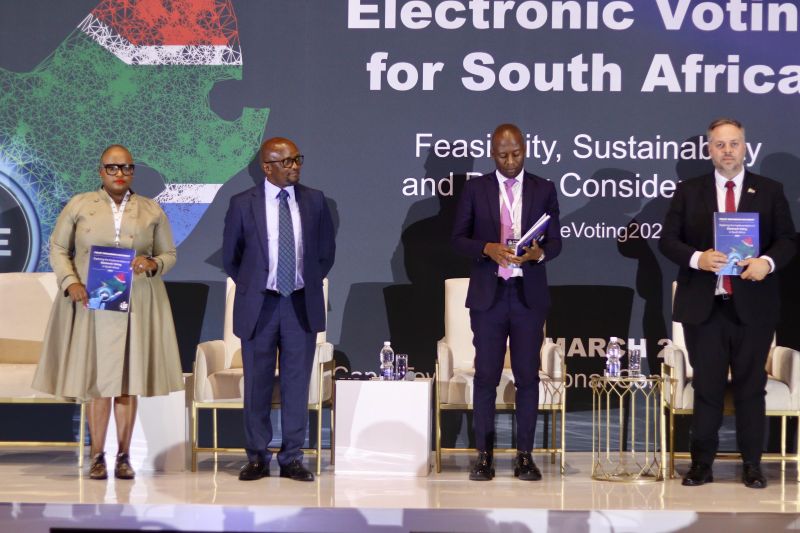In partnership with the Royal Norwegian Embassy based in Pretoria, South Africa, ACCORD convened a briefing session for E10 countries on the conflict in Mali and the Sahel on 18 June 2021 via Zoom. Ambassador Welile Nhlapo moderated the briefing session, and the keynote speaker was Ambassador Chambas.
Mali has experienced decade’s long socio-economic and political instability and security threats. Factors such as weak governance, weak civil society and the marginalisation of communities in particular in the north of the state by the central government have contributed to this. The conflict in Mali started in 2012 when the National Movement for the Liberation of Azawad (MNLA) began a series of attacks on the Mali government. In 2021 the instability in Mali has persisted, with another coup d’état taking place in May 2021. Interim president Bah Ndaw and prime minister Moctar Ouane were forced to resign, with Assimi Goita, the vice president, declaring himself president. This followed the coup in 2020 that saw President Ibrahim Boubacar Keita’s ousting from power. The two coups in less than a year show the continued political instability in Mali, which is also a factor in Sahel region’s stability.
Against this background, the briefing session aimed to provide the platform for updating E10 countries on the current political situation in Mali and options for a political settlement to the current crisis. It also aimed to update them on the implementation, challenges, and process of implementing the United Nations Multidimensional Integrated Stabilization Mission in Mali’s (MINUMSA) mandate while discussing the role that regional bodies and the UN play in bringing stability to the region.
Ambassador Chambas made several recommendations in his presentation, such as the need for Mali authorities to redesign the electoral system, establish a new electoral body, elaborate a new constitution through inclusive consultations, and continue the regionalisation project. He also made the point that Mali is the epicentre of the crisis in the Sahel, so the situation in Mali cannot be ignored and must be addressed in conjunction with the situation in the Sahel. He suggested that Mali authorities must work with regional bodies and international parties to instill confidence in the commitment to peaceful, inclusive and credible elections, as required under the transitional charter. Ambassador Chambas believes that the nine months left of the transitional period is sufficient for the transition, as work on the transitional charter has already started. Ambassador Chambas emphasised that current authorities should build from the foundation already in place, in order to continue with other aspects of the transitional process.
This briefing session is well positioned within ACCORD’s strategic pillar five, which aims to increase knowledge, policy support and response to the drivers of conflict.

